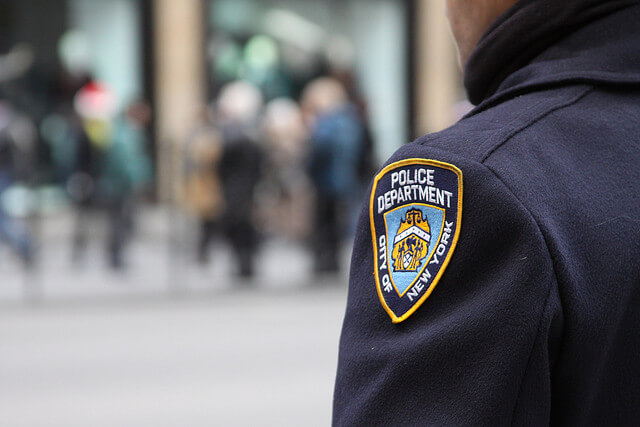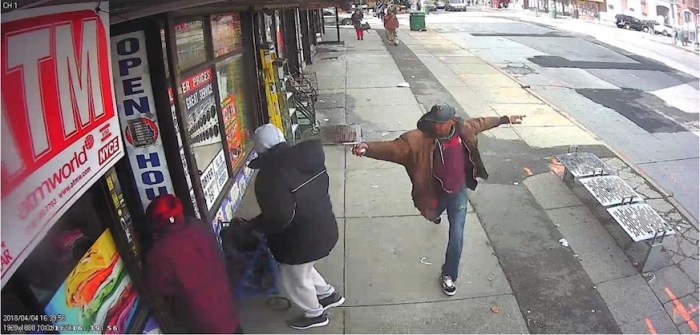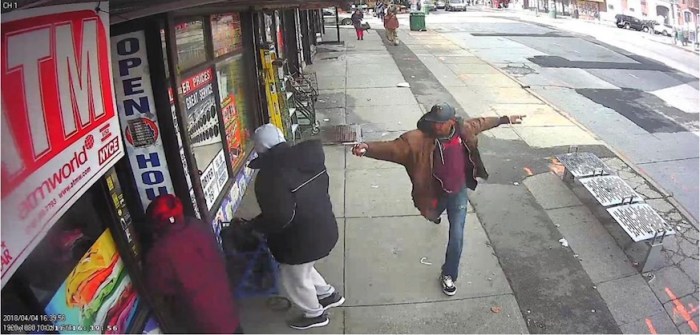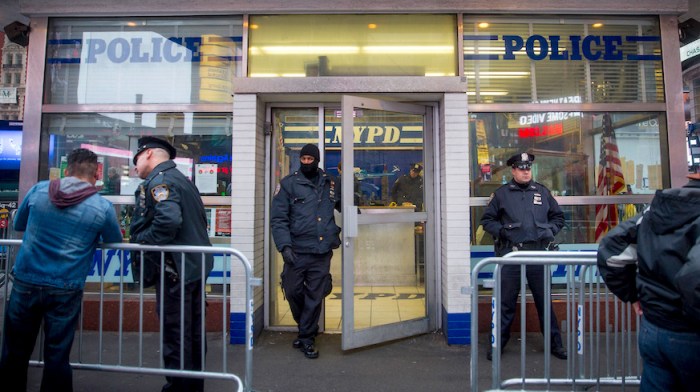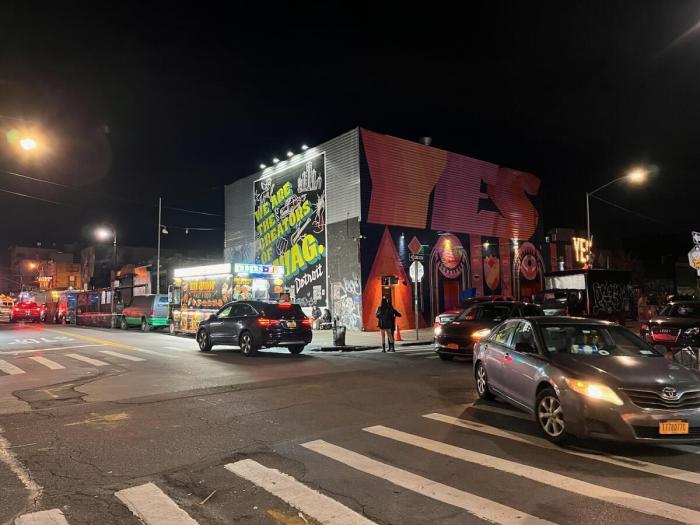City officials held a press conference Thursday morning to detail the retraining of the NYPD’s 22,000 patrol officers in the wake of a grand jury’s decision not to indict a cop who killed Eric Garner by way of an illegal chokehold. Mayor de Blasio, flanked by Police Commissioner Bill Bratton and First Deputy Commissioner Benjamin Tucker, revealed plans for a three-day retraining program, covering smart policing techniques and tactical skills, teaching cops the best way to handle events like the confrontation with Garner, that began as a simple arrest for loitering. “The way we go about policing has to change,” de Blasio said. “Every interaction that every officer has with their fellow New Yorkers after they are trained again will be different. And that will multiply many years over, for years and years to come. And a whole new generation of officers will be trained with a new approach.” Commissioner Bratton stressed a “need to refocus the department” by way of an “enhancement of skills that are so necessary to reach the commitment that we made to the community to police fairly, impartially and safely.” Earlier in the day, Assemblymen Marcos Crespo and Karim Camara held a press conference outside Manhattan’s City Hall to reexamine the roles of cops in the neighborhoods they protect.
“Every officer on patrol should be a part of community affairs duties,” said Crespo, who represents the South Bronx and Rikers Island. “Not eliminating the existing community affairs, but rather having more officers interact with communities so that we can address the complaints that we hear day in and day out from folks who just simply don’t trust the police or who feel that they’re victimized by the verbal language used by many of our officers.” Rashad Robinson, executive director of nonprofit group CopWatchNYC, also called for more engagement via “police officers being more involved in the community and really understanding who people are, what their challenges are and what their hopes are.” Crespo and Camara vowed to introduce a “very specific list of bills” to New York State legislators in hopes of implementing police reform on a wide scale. “This isn’t just about New York City,” Crespo said, “this is an issue for the entire state of New York to address.” Dr. Maria Haberfeld, chair of the department of law and police science at John Jay College, said that such changes could only come if the NYPD and other departments reexamine their leadership programs, not just its training techniques. “You cannot just start in the middle,” said Haberfeld, who created the Pentagon of Police Leadership, a five-prong look at a department’s recruitment, selection, training, supervision and discipline. “If you are not recruiting and selecting the right people, no matter how much or what kind of training you’re going to give them, it’s not going to be effective.” Haberfeld noted the pitfalls some officers could face in the field after completing training. “Policing is a profession filled with many types of temptations, whether it’s the excessive use of force or corruption for gain, and you really have to be very clear about what kind of characteristics you want in a person who is exposed to all of these temptations,” she said, “and when things happen, there also has to be proper discipline.” Robinson echoed the educator’s sentiments, saying, “If there’s no accountability that goes into the training, in the end, there’s no incentive for the training to be made good on.”
legislators, protestors: how to fix the NYPD
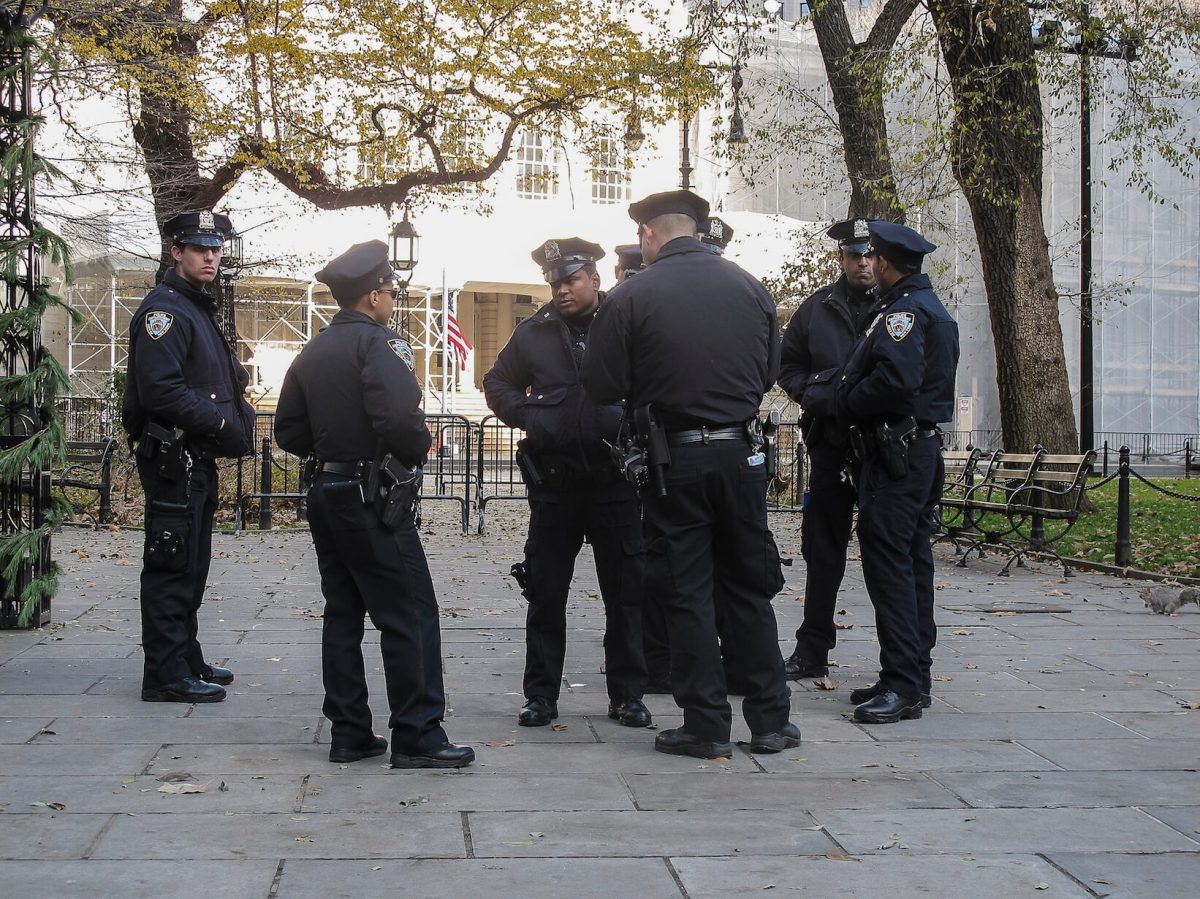
Carlos Llamas, Metro News











